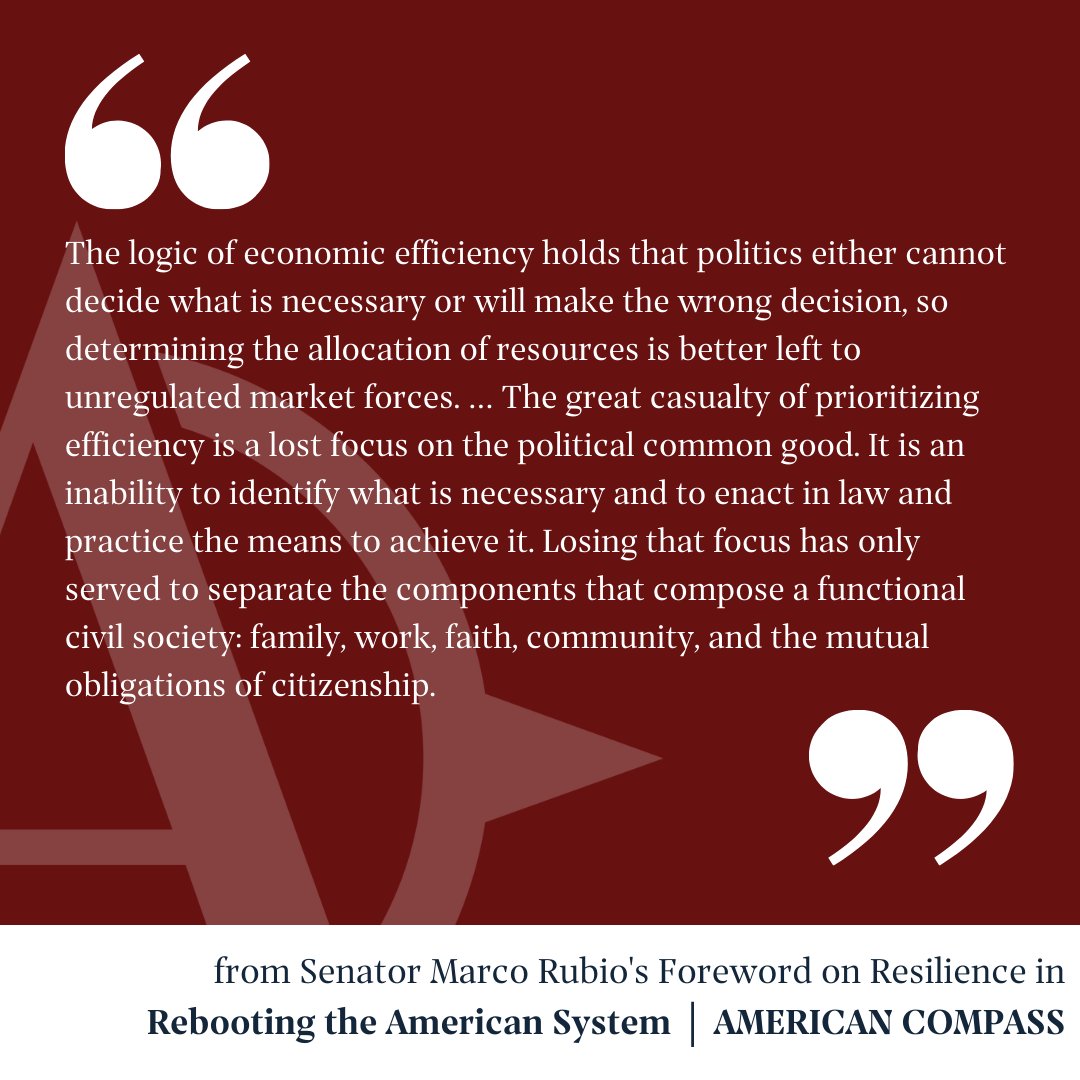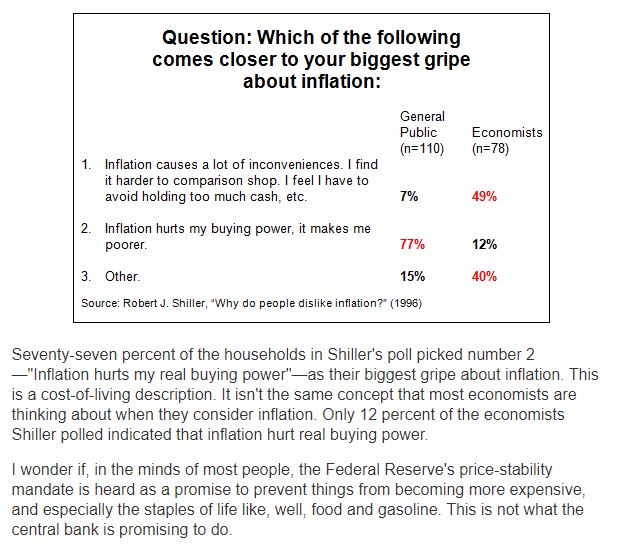
Amazon has repeatedly pushed the envelope on labor practices and then retreated or claimed to reform in the face of bad PR. Come with me on a brief tour of the past decade:
2011: "Instead, they said they were pushed harder and harder to work faster and faster until they were terminated, they quit or they got injured. Those interviewed say turnover at the warehouse is high and many hires don't last more than a few months."
mcall.com/news/watchdog/…
mcall.com/news/watchdog/…
2011 contd: "During summer heat waves, Amazon arranged to have paramedics parked in ambulances outside, ready to treat any workers who dehydrated or suffered other forms of heat stress. ... And new applicants were ready to begin work at any time."
mcall.com/news/watchdog/…
mcall.com/news/watchdog/…
2013: "At the time of Jeff’s death, the Chester warehouse had been open for four months. The local fire and EMS department had dispatched personnel to its address at least 34 times during that period."
highline.huffingtonpost.com/articles/en/li…
highline.huffingtonpost.com/articles/en/li…
2015: "An employee brochure from a facility in Tennessee, obtained through a public records request, reads: ‘In the event of a medical emergency, contact Security. Do Not call 911!'"
highline.huffingtonpost.com/articles/en/li…
highline.huffingtonpost.com/articles/en/li…
2015: Amazon requires temps to sign broad non-competes and "the company has even required its permanent warehouse workers who get laid off to reaffirm their non-compete contracts as a condition of receiving severance pay."
theverge.com/2015/3/26/8280…
theverge.com/2015/3/26/8280…
2016-19: "There have been over 100 federal investigations launched against Amazon since 2016. OSHA has also issued letters to Amazon advising the company to voluntarily change conditions that posed hazards to employees."
motherjones.com/politics/2019/…
motherjones.com/politics/2019/…
2019: "Three medical providers who worked for Advanced told me that clinic directors instructed them to avoid giving any treatment to Amazon workers that would make their injuries recordable."
revealnews.org/article/how-am…
revealnews.org/article/how-am…
2019: "Amazon’s injury rates have gone up each of the past four years, the internal data shows. ... The overall rate of 7.7 serious injuries per 100 employees was 33% higher than in 2016 and nearly double the most recent industry standard."
revealnews.org/article/how-am…
revealnews.org/article/how-am…
2019: "Amazon ... automatically generates warnings or even terminations without any input from supervisors, the company said. Managers can override the process, but it didn’t say how regularly they do.” (Amazon later denies this.)
technologyreview.com/2019/04/26/102…
technologyreview.com/2019/04/26/102…
2020: "They also indicate, and an Amazon spokesperson confirmed, that Amazon has hired Pinkerton operatives—from the notorious spy agency known for its union-busting activities—to gather intelligence on warehouse workers."
vice.com/en/article/5dp…
vice.com/en/article/5dp…
2020: "May 1st was my last day as a VP [at Amazon], after five years and five months of rewarding fun. I quit in dismay at Amazon firing whistleblowers who were making noise about warehouse employees frightened of Covid-19."
tbray.org/ongoing/When/2…
tbray.org/ongoing/When/2…
A good rundown of the Amazon culture on these issues from @TheAtlantic: "'It’s not a conversation that can be had,' the former [safety] manager said. 'We’re never going to fix safety at Amazon, because we’re never going to fix what the real issue is.'"
theatlantic.com/technology/arc…
theatlantic.com/technology/arc…
Now, look, there are two sides to every story. These reports typically provide some sort of Amazon response (most of which are deeply unimpressive). Obviously, agendas are being pushed by those telling the stories. And any workforce of hundreds of thousands will have incidents.
Indeed, I have defended employers against overblown complaints -- work has risk, and productivity has value (for workers!). But the pattern here is pretty clear. And it points to the need for greater worker power.
Indeed, I think it's key that Amazon HAS made changes in response to pressure. That's nice. But it's also perhaps the strongest case for union representation. Turns out Amazon _can_ do better (and still perform, uh, rather well), but that workers had no power to effect change.
It's kind of like how the prevalence of GoFundMe campaigns for people who can't afford their healthcare costs is a sign of a broken healthcare system, not a point of pride that our system takes care of everyone just fine.
Our 1930s-style labor unions aren't the best way to address these kinds of challenges. But conservatives need to be more comfortable acknowledging the challenges exist and thinking about how public policy can empower workers to address them. That's all.
americancompass.org/essays/conserv…
americancompass.org/essays/conserv…
• • •
Missing some Tweet in this thread? You can try to
force a refresh















